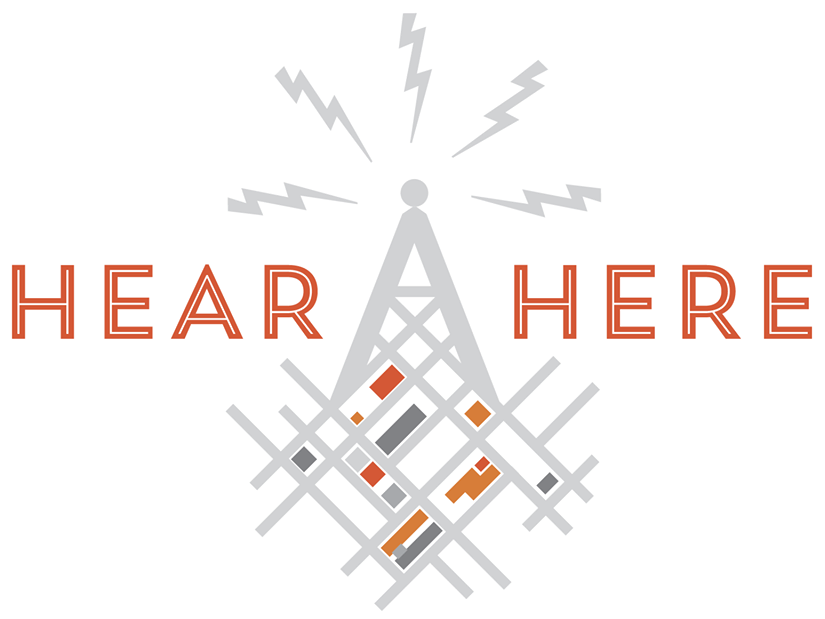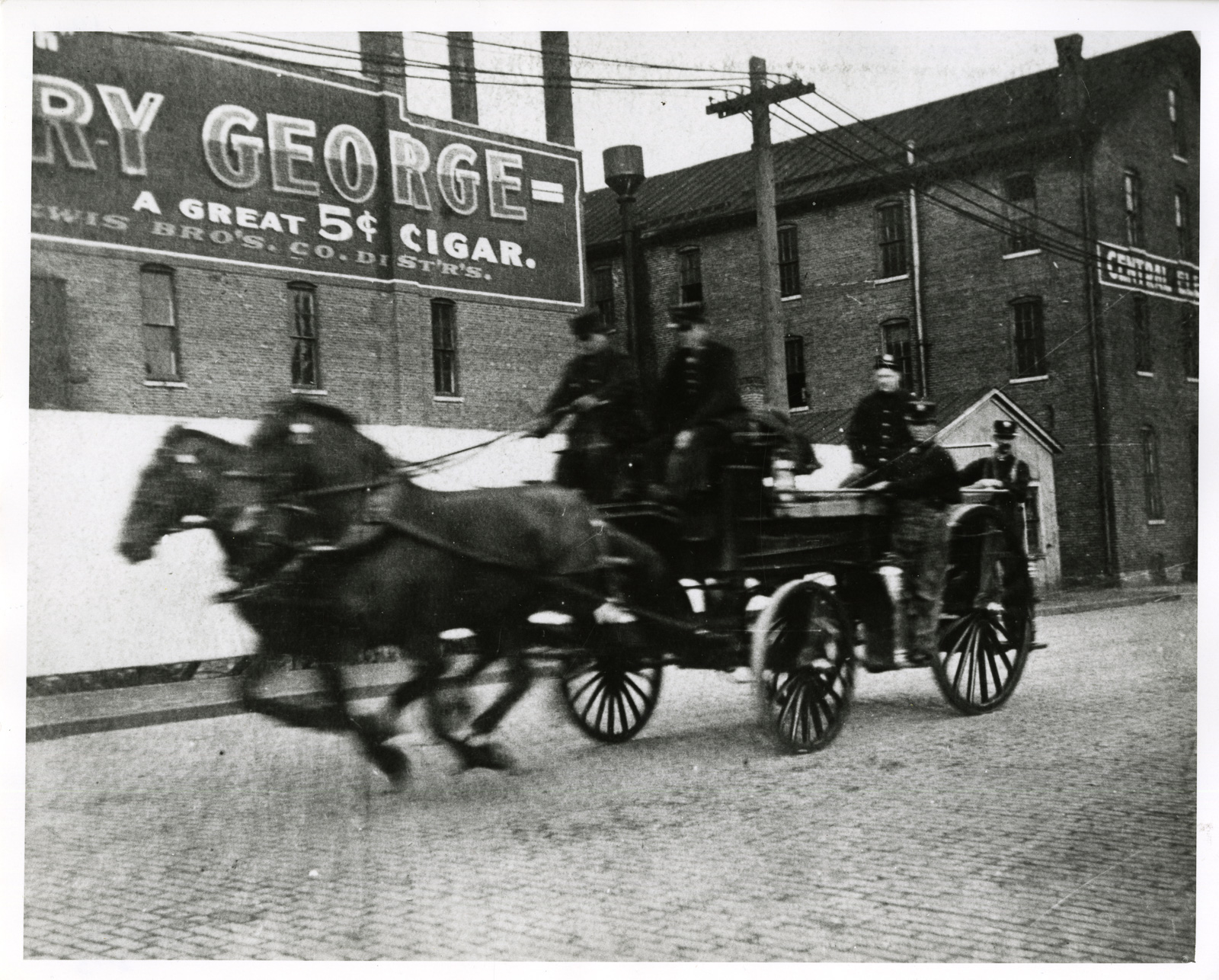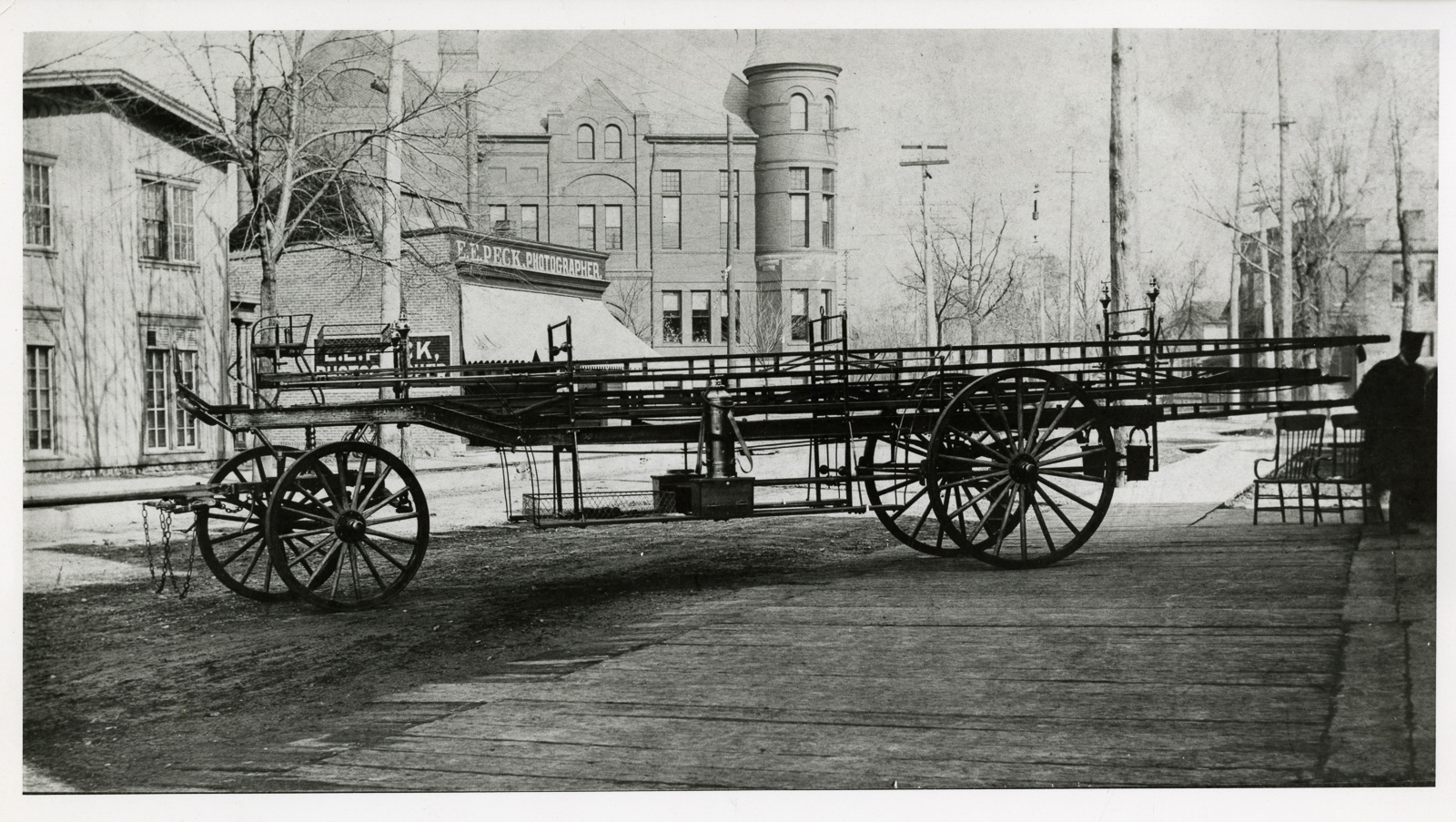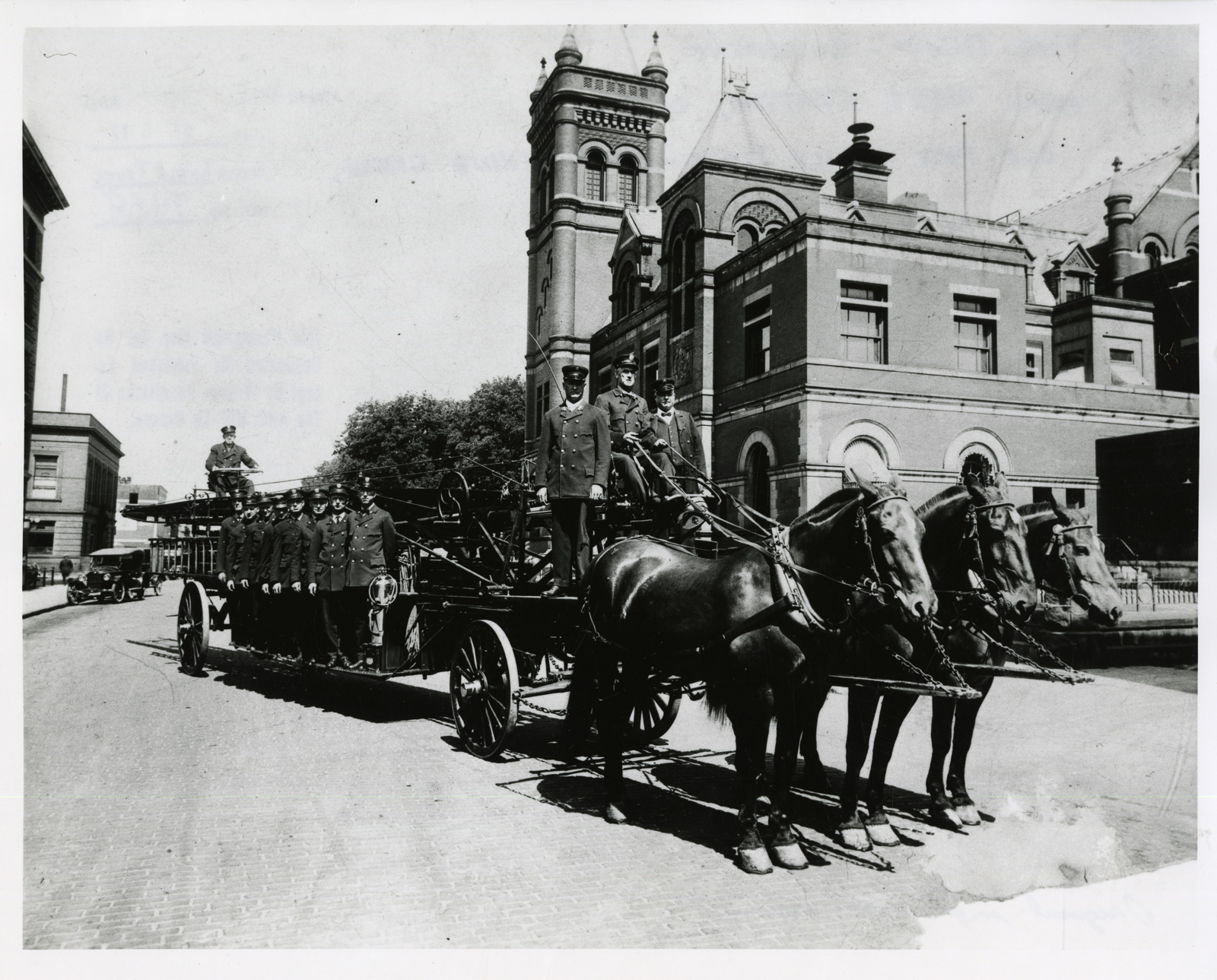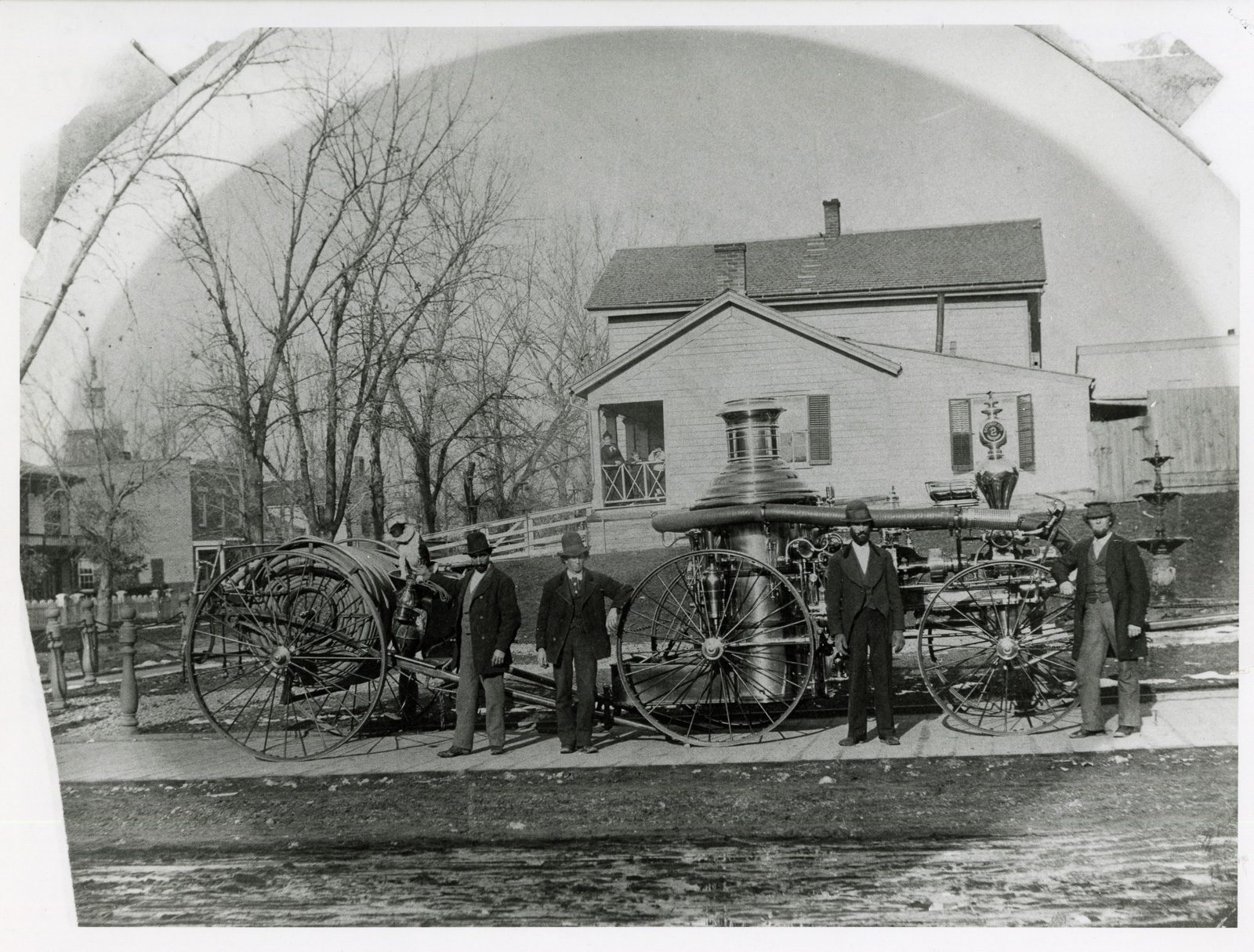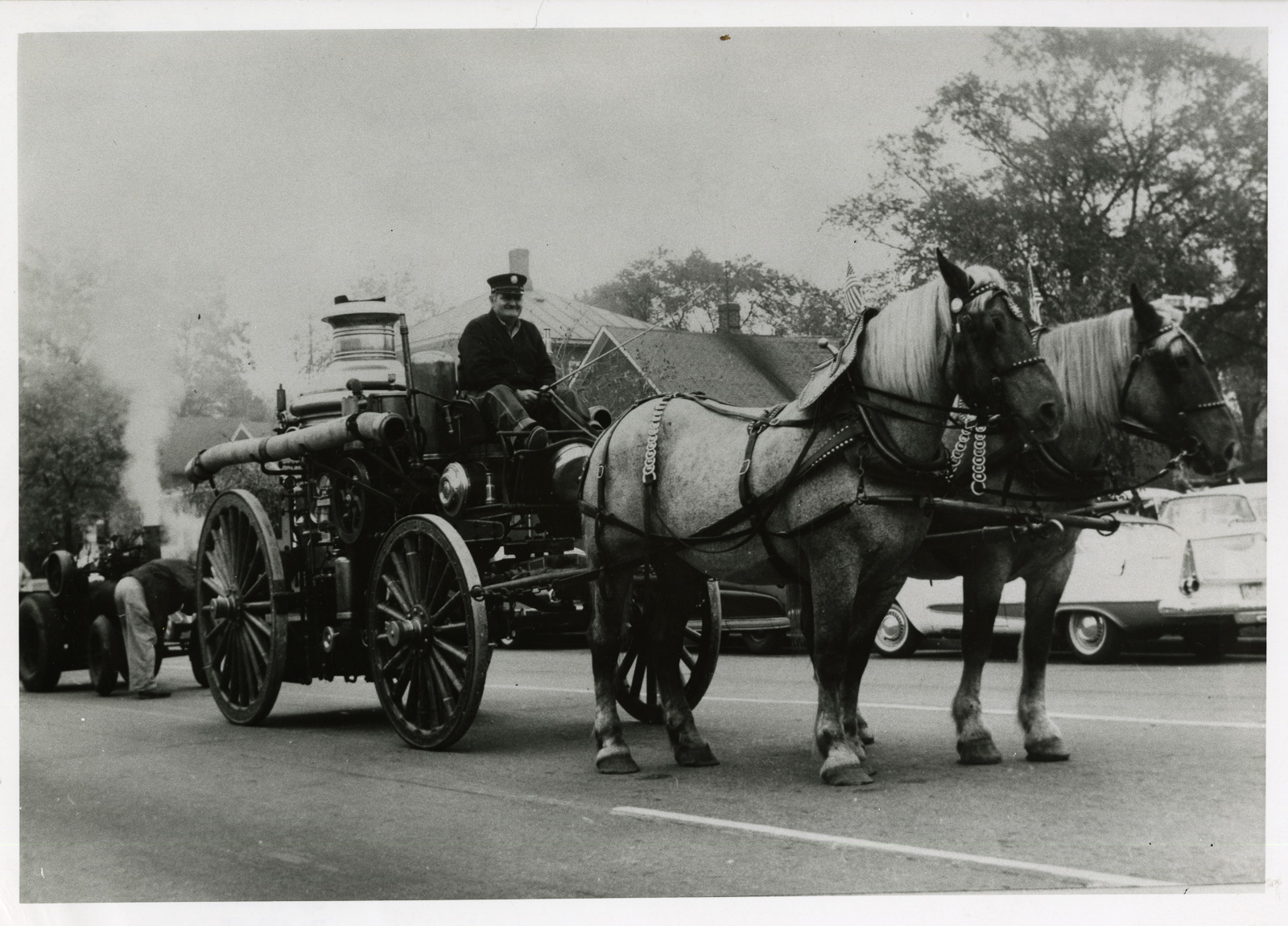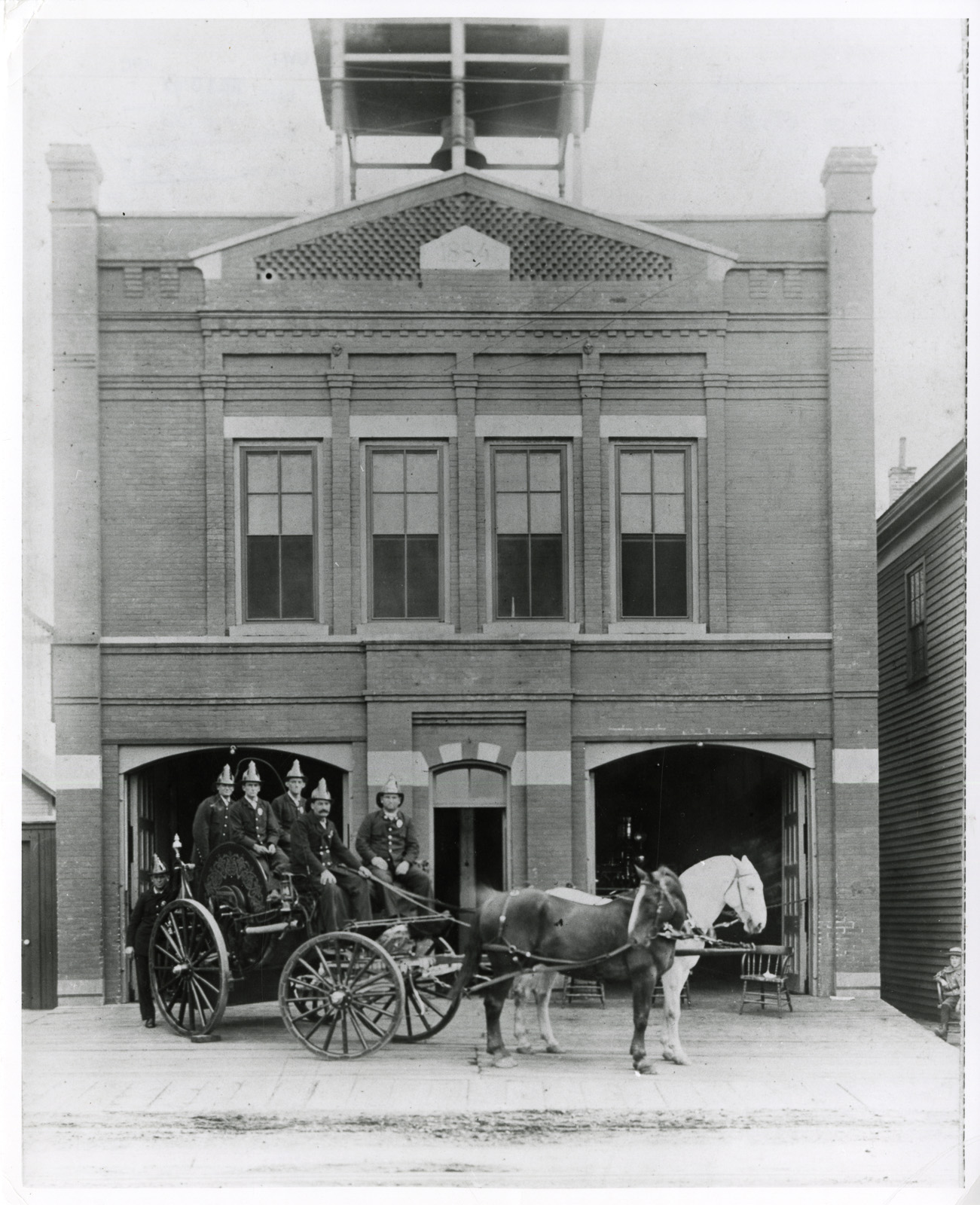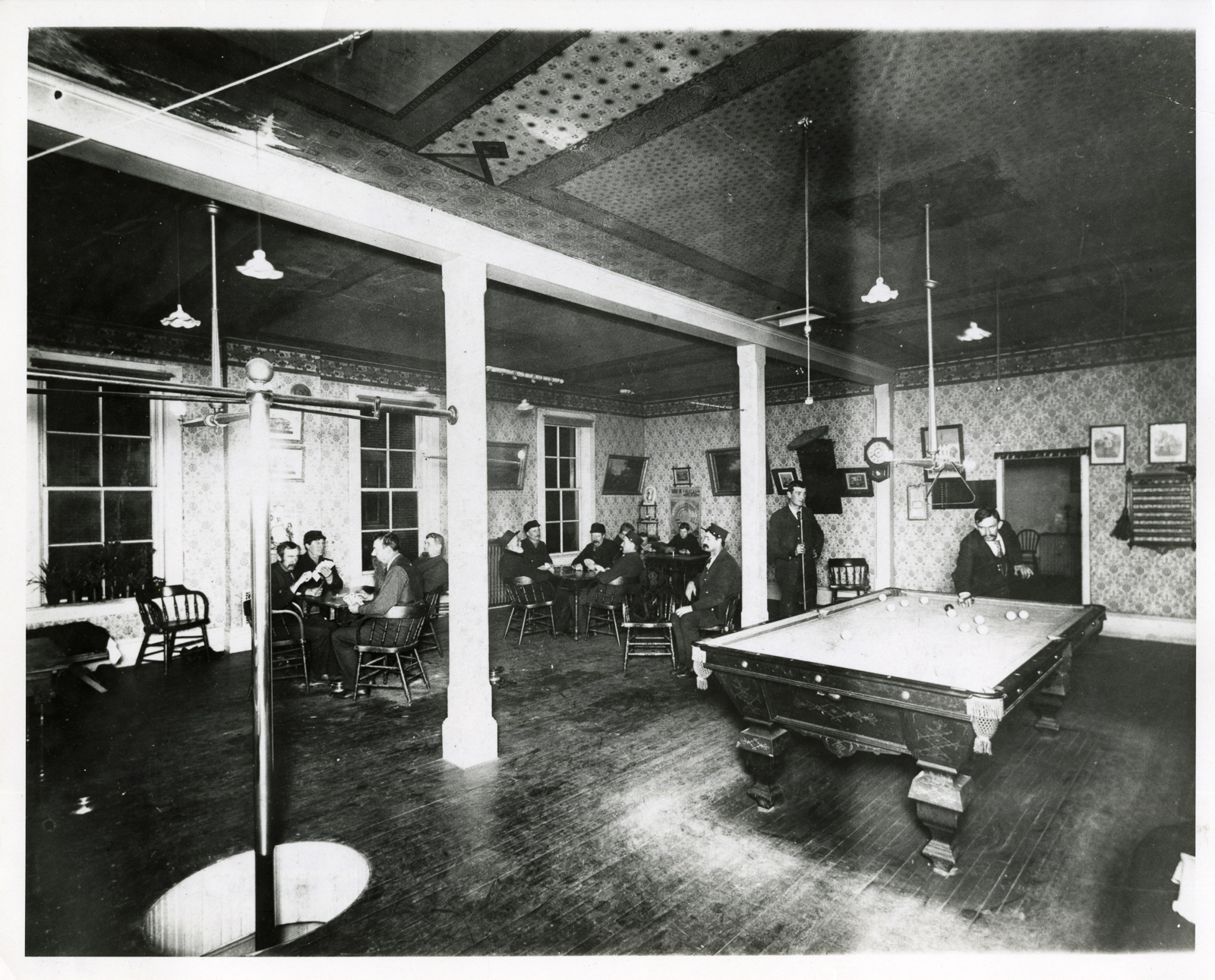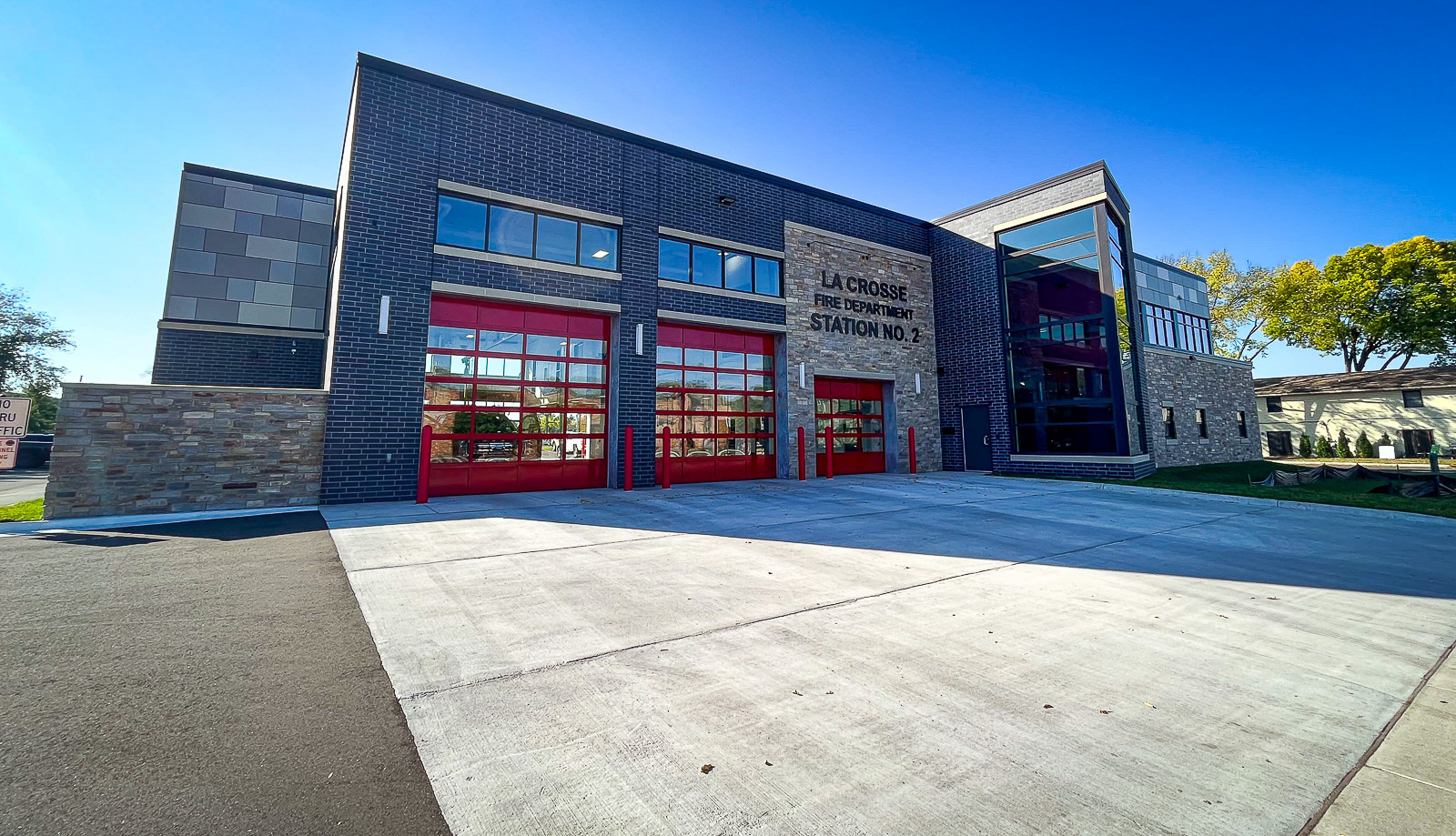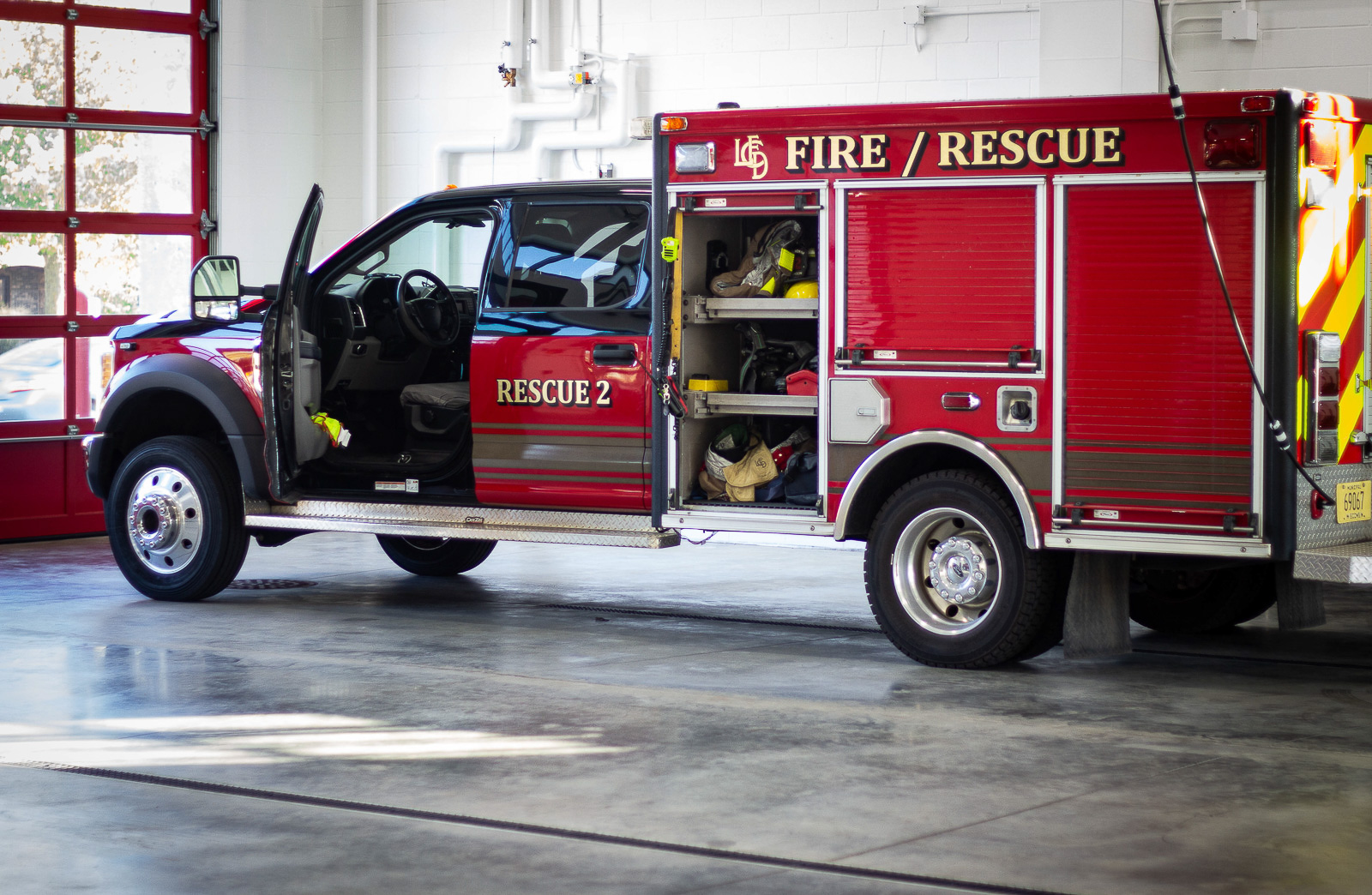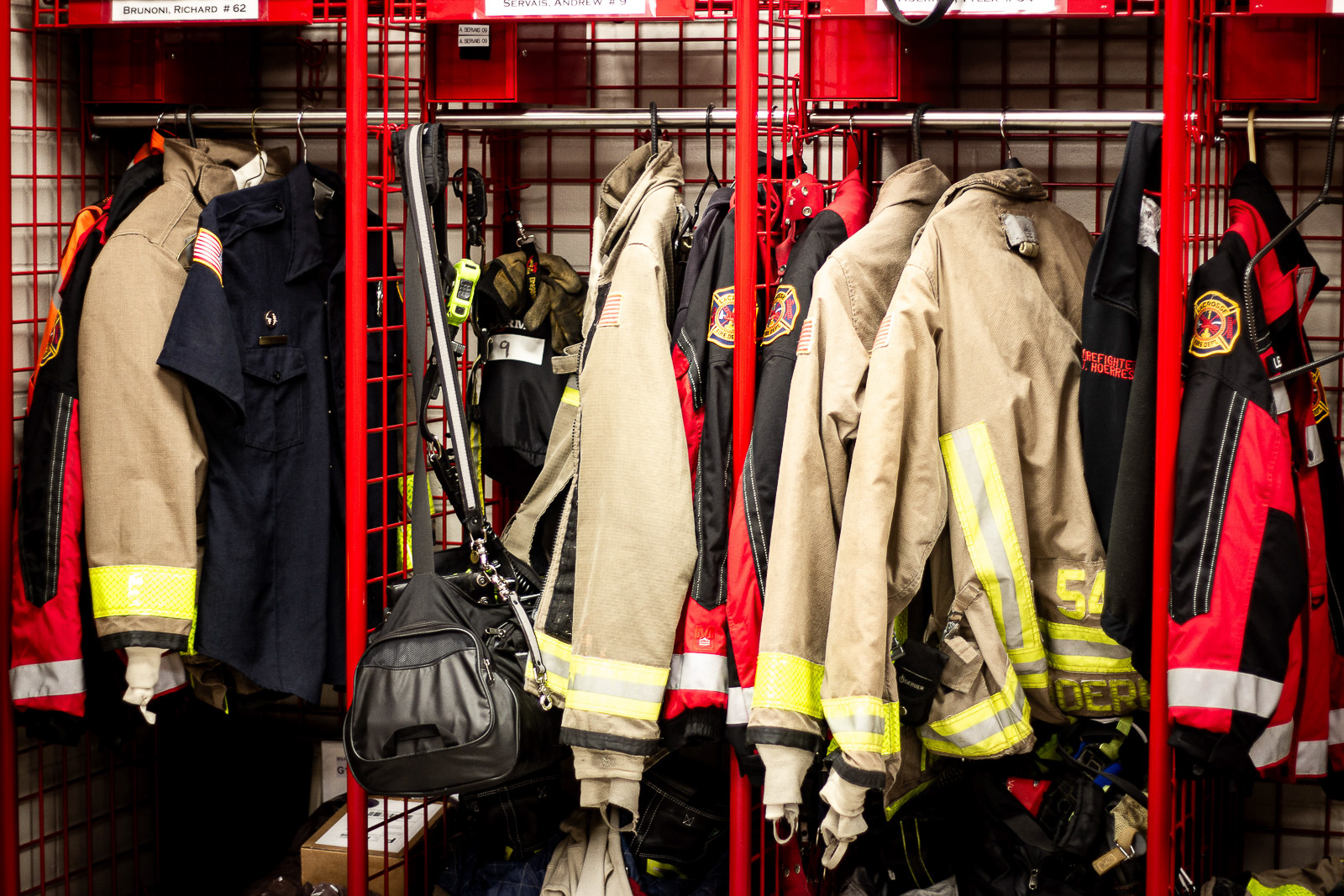William Koch
William Koch volunteered for the La Crosse Fire Department. He remembers back when the department used well-trained horses when responding to fires. No one wanted to get paid–they were just happy when the fire was put out.
This interview comes from the UWL Oral History Program.
Transcript
Location: 510 St. Cloud St.
William Koch: Those, uh, horses that they had at the fire department, they were well trained horses. And they were beautiful. They were heavy, heavy draft horses. Uh, well bred and very well-trained horses. Every, uh—every morning they would go through a rehearsal. You know, when the fire bell rang, those horses would run to their exact spot underneath that trapping—their harness trapping that they had raised in the air, you know, and they’d run right to the place where they were supposed to be and then they’d pull a lever or something and the harness and everything would flop right down over the horses and the firemen would just buckle a few buckles and they were raring to go, they were ready to go, see, that’s how fast it went. As soon as the fire gong rung, those horses would run to their place. And they practiced that every day, you know. And they galloped! They galloped, you know. You see those horses straining in that harness coming down the street and the driver would be ringing the gong, you know, you could hear that gong a-going and them horses leaping just as fast as they could go. And sometimes they’d have to go clear to South Side from the North Side! Now, the Number 2 Station was up there on St. Cloud Street. Uh, and uh, Henry Groes drove one of the rigs. I don’t remember if it was the fire engine or whether it was the hook and ladder. But one of those two rigs he drove. He, uh, by the way, was a relative of Joe, he’s an uncle of Joe. And by the way, uh, in the—the early, the early fire crew was largely volunteer—they were a volunteer outfit. Only the foreman and the drivers and that sort of thing, they got paid, but the rest of them was a volunteer proposition, more or less. Well, the foreman of the fire department, those men, that were, you know—that belonged to the fire department—would shout orders to anybody that wanted to help, you know, what to do. And, uh, they would do it—they’d all cooperate and do it. That’s the way they’d work. That’s the way we worked. And I know I was wringing wet when I, uh—when I got through.
Howard Fredricks (interviewer): So the volunteers got no compensation.
Koch: No, no, no. There was—you wouldn’t get paid for that. Nobody wanted to get paid for that! Everybody was tickled to death they got the fire out.
Fredricks: What if you were injured in the process?
Koch: Well, I don’t know what would have happened in that case. I doubt very much whether the city would have paid very much damage or anything like that. Or if it was a case of sink or swim for everybody and it was, uh, just as much to my interest to see that that fire got out as, uh, anyone else’s, you know. It was our fire! And we lived here! And we wanted to put it out! And so any chances that we took, I think it would have been pretty much of our own. ‘Cause, uh, it was our obligation to help get the fire out.
